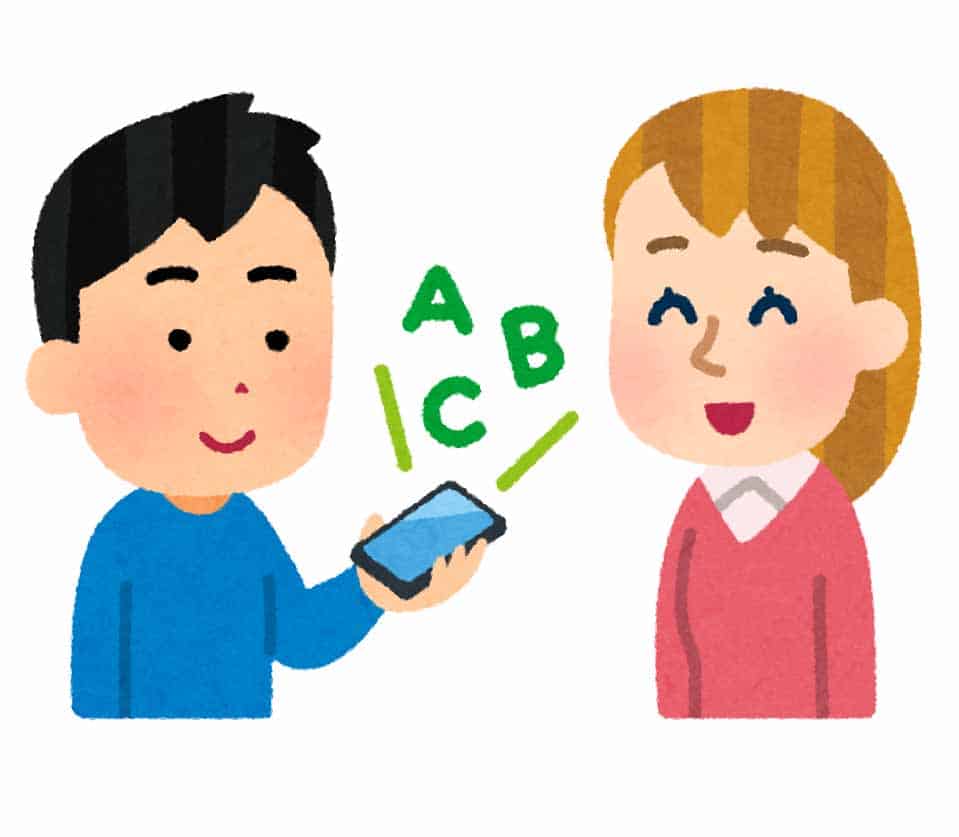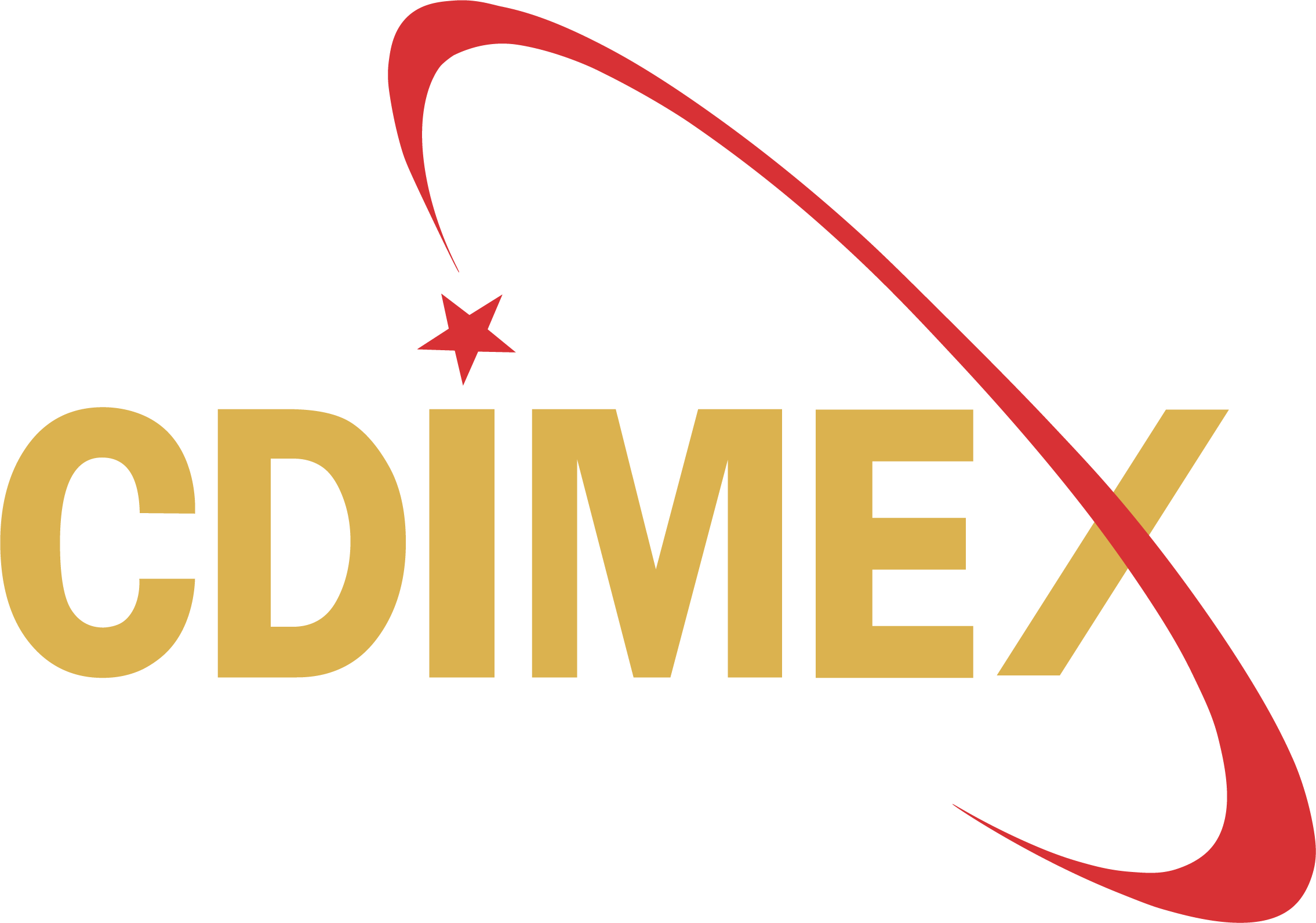As technology and AI translation tools continue to advance, it’s becoming increasingly tempting to rely on them for language-related tasks. However, this can potentially undermine motivation to learn a new language when technology seems to offer a shortcut. While machine translation can be helpful, it also has its limitations.
Learning a language goes beyond just communication; it opens the door to different cultures, mindsets, and perspectives of the world. Machine translation, despite its efficiency, cannot replicate the cultural immersion that comes with learning a language. Spoken language nuances, idiomatic expressions, cultural references, and implicit rules that are second nature to native speakers are often lost in translation. Let’s delve deeper into why learning a language is better than solely relying on machine translation.
Common translation issues
- Machine translation isn’t 100% perfect yet
- Machine translation can miss context
- Cultural nuances can be overlooked
- Machine translations can lack personality
- Technology isn’t always at hand to do the work for you

Advantages of learning a new language
Career opportunities
Proficiency in multiple languages can open up a wide range of career opportunities. Companies are on the lookout for multilingual employees for their capacity to foster positive client relationships and demonstrate cultural awareness. Bilingual individuals are particularly sought after in fields such as U.S. government agencies, the business market, engineering and the medical field.
Being bilingual not only gives you a competitive edge in the job market but also highlights your motivation and determination. These are qualities that employers value highly. Studies have also found that bilingual individuals have improved problem-solving and critical-thinking skills, which are highly valued across most career fields.
On top of that, bilingual employees can earn more money per hour on average than those who only speak one language (depending on the industry), according to various reports and research (PDF). So learning a language can literally pay off.
More genuine interactions
Learning a language involves more than just memorizing a word list. You’re delving into a new way of thinking and using new sentences and expressing yourself. You’re learning how to communicate more effectively and authentically with people from different cultures. And that can lead to more genuine and meaningful interactions.
There are lots of different approaches and techniques to studying and learning new words. But to truly master a language, you need to use those vocabulary words in context, to understand their nuances and subtleties. And that’s something that machine translation just can’t provide.
Ultimately learning a language goes beyond mere communication – it’s about making connections. It’s about understanding and appreciating the rich tapestry of human cultures and experiences. And it’s about enriching our own lives through the process of learning and discovery.
Personal Identity
Embarking on the journey to learn a language also paves the way for self-discovery. It helps shape our personal identity and gives us a deeper understanding of ourselves and the world around us. When we learn a new language, we’re not just learning a new way of communicating, we’re also learning a new way of thinking and viewing the world.
Being proficient in foreign languages can:
- Broaden our cultural horizons and allow us to appreciate different cultural practices and worldviews
- Encourage adaptability and openness to new experiences
- Foster a global mindset
- Promote personal growth through the development of discipline and the pursuit of continuous learning
In addition to social and career advantages, learning a language also benefits your brain health. Research, such as the study conducted by Mechelli et al. (2004) in “Structural plasticity in the bilingual brain,” has shown that bilingual individuals have denser grey matter in their brains, compared to monolingual individuals. This can enhance cognitive abilities, such as improved memory, better problem-solving skills and increased mental agility.
Regularly using a second language has been linked to a stronger memory, with research indicating better performance on memory tests among bilingual individuals, affecting both short-term and long-term memory, as suggested by the study conducted by Bialystok et al. (2004) in “Bilingualism, aging, and cognitive control: Evidence from the Simon Task“. Learning a foreign language can also enhance communication skills, increasing empathy and the ability to see things from another perspective, which in turn benefits everyday communication.
Creativity is yet another domain where language learners show prowess. Studies have found that the process of learning a language seems to unlock creative abilities in problem-solving and flexibility, as indicated by research like that of Kharkhurin (2009) in “The role of bilingualism in creative performance on divergent thinking“.
Conclusion
Learning a language offers students numerous benefits over machine translation. It opens up new career opportunities, fosters deeper connections, enhances cognitive abilities and contributes to personal identity development. While machine translation tools have their place and can be very useful, they can’t replace the rich and nuanced understanding that comes with learning a language.
It’s a journey of discovery, a way to broaden your horizons and a key to unlocking the knowledge of cultures, history and experiences. And that’s something that no translation system or tool can ever provide.
cre:Pearson(2024).https://www.pearson.com/languages/community/blogs/why-learning-a-language-is-better-than-machine-translation-2-24.html
